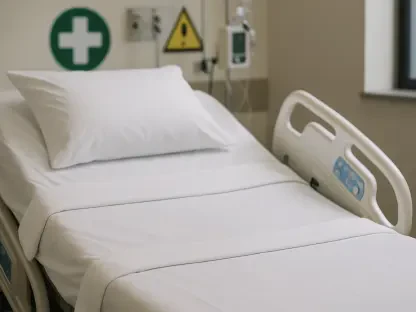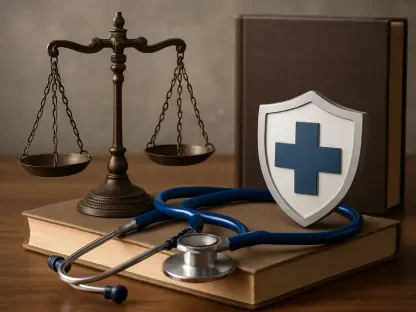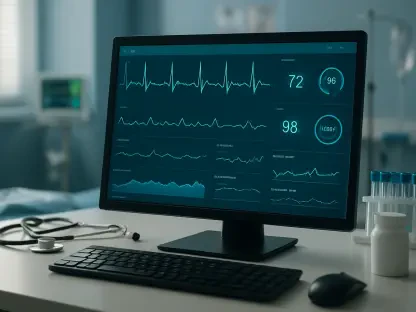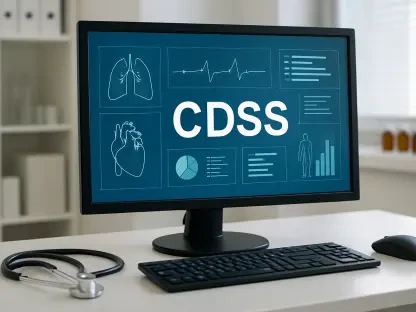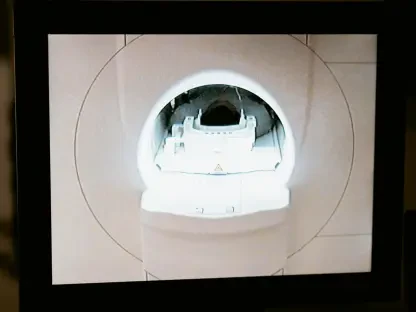In a world where healthcare disparities continue to challenge even the most advanced systems, a groundbreaking partnership between the Indian Institute of Technology Madras (IIT Madras) and LSU Health New Orleans emerges as a beacon of hope for transformative change. This collaboration unites two powerhouses—one renowned for its deep-tech innovation ecosystem and the other for its clinical and translational research expertise—to tackle pressing global health issues. By merging cutting-edge technology with real-world medical applications, this alliance aims to bridge critical gaps in healthcare delivery and accessibility. The focus spans from developing affordable diagnostics to pioneering AI-driven solutions, setting the stage for a new era of health interventions. As populations worldwide grapple with complex diseases and unequal access to care, the combined strengths of these institutions promise to deliver scalable solutions that could redefine health outcomes on a global scale, sparking curiosity about the potential impact of such synergy.
Pioneering Solutions for Healthcare Challenges
The collaboration between IIT Madras and LSU Health New Orleans stands out for its commitment to translating research into tangible health solutions, a process often described as moving from “bench to bedside.” This partnership prioritizes the development of innovative technologies, such as smart medical devices and AI-powered applications, alongside joint efforts in genomic and health studies. A key component is the exchange program for faculty and students, which fosters cross-border learning and amplifies the reach of entrepreneurial initiatives in applied health. Leaders from both institutions have highlighted how this alliance leverages IIT Madras’ vast research park, home to over 200 startups, with LSU Health’s clinical prowess to address disparities in care. Specific ambitions, such as supporting the pursuit of National Cancer Institute designation for the LSU LCMC Health Cancer Center, underscore the potential to impact not just regional but global health landscapes. This strategic blend of technology and clinical application paves the way for affordable, accessible interventions that could reshape healthcare delivery in underserved areas worldwide.


